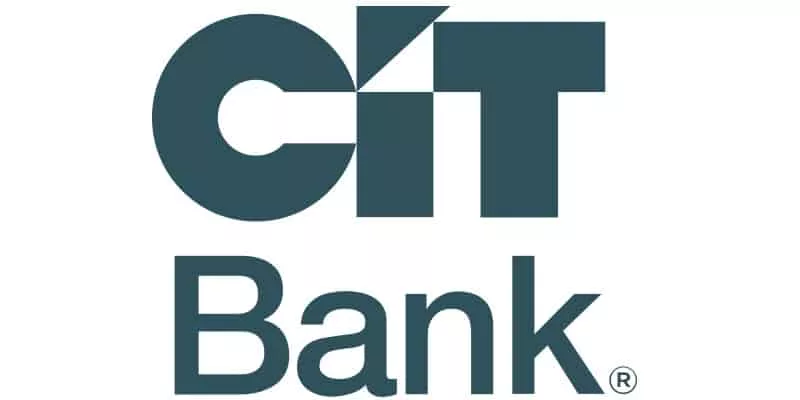No, credit unions are not insured by the Federal Deposit Insurance Corporation (FDIC), but they are insured by the National Credit Union Administration (NCUA).
Both the FDIC and NCUA provide the same level of deposit insurance, so you can be confident your money is safe regardless of whether you choose a bank or a credit union.
The NCUA manages the National Credit Union Share Insurance Fund (NCUSIF), which provides up to $250,000 in coverage per account type for members of federally insured credit unions. This coverage applies in the unlikely event that a credit union fails.
The NCUA doesn’t insure money invested in:
- Mutual funds
- Stocks
- Bonds
- Life insurance policies
- Annuities
NCUA vs. FDIC
FDIC and NCUA are both independent agencies of the U.S. federal government that insure deposits in banks and credit unions, respectively. They were both created to maintain stability and public confidence in the nation's financial system.
Here's a breakdown of their key similarities and differences:
Similarities:
- Purpose: Both insure deposits in member institutions in case of failure.
- Coverage amount: Both insure up to $250,000 per depositor, per insured bank, for each account ownership category.
- Coverage types: Both cover a range of deposit accounts, including checking accounts, savings accounts, money market deposit accounts, and certificates of deposit (CDs).
- Both are backed by the full faith and credit of the U.S. government: This means your money is safe even if the bank or credit union fails.
Differences:
- FDIC: Insures deposits in banks that are for-profit institutions owned by shareholders.
- NCUA: Insures deposits in credit unions that are not-for-profit institutions owned by their member.













